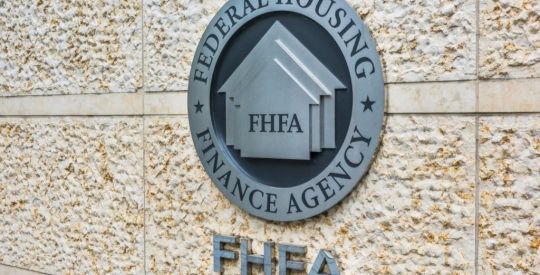The mortgage industry has historically underserved people of color, and if it can’t figure out a way to properly address the problem, the economy as a whole will suffer.
This from a recent article in The Washington Post, which enumerated the ways in which Hispanics in particular are being shut out of the housing market thanks to mortgage policies that don’t accommodate people of color.
Co-authored by Gary Acosta, CEO of the National Association of Hispanic Real Estate Professionals, Jim Parrott, nonresident fellow at the Urban Institute, and Mark Zandi, chief economist at Moody’s Analytics, the article points out that by 2045, people of color will make up more than half of the U.S. population, and over the next 25 years, more than half of U.S. households will be Hispanic American.
“The face of America is changing, and the housing market is changing along with it,” the authors write. “If the mortgage market doesn’t keep up, the nation’s economy will bear the consequences.”
But today’s mortgage system isn’t set up to properly serve Hispanics, who often live with extended family members who contribute to expenses but aren’t considered in the mortgage equation under current underwriting standards, the authors said. Many Hispanics borrowers are also self-employed and, on average, use cash more frequently than credit cards – all factors that hurt their status in the underwriting process.
“Because of the disconnect between how Hispanic households manage their finances and how the rules of underwriting work, mortgage lenders consistently fail to accurately assess the credit risk of a large number of Hispanic borrowers,” the article states. “And the result is as one would expect: only 47% of Hispanics own a home, compared with the non-Hispanic homeownership rate of almost 68%.”
Shutting out minorities could drag down homeownership rates to a low not seen since the years following World War II, the article states, bringing with it tremendous consequences, like a weakened labor force, less productivity and less of the social and economic investment that traditionally follows homeownership.
To remedy the situation, the authors suggest “taking a broader approach to assessing credit risk, with more variables driving its measurement and less reliance on the household economics of the average home-buying family of two decades ago, with one generation in the house, one full-time employer and a host of credit cards used to pay the bills.”
“This means changing the regulatory environment to make it is easier for lenders to include in their underwriting more sources of income and more ways of paying one’s bills, so they are better equipped to assess the risks associated with the broader range of families looking to buy a home today,” they continue, adding that: “If the mortgage market doesn’t figure out a way to serve the Hispanic community substantially better, the nation as a whole will bear significant economic consequences.”



